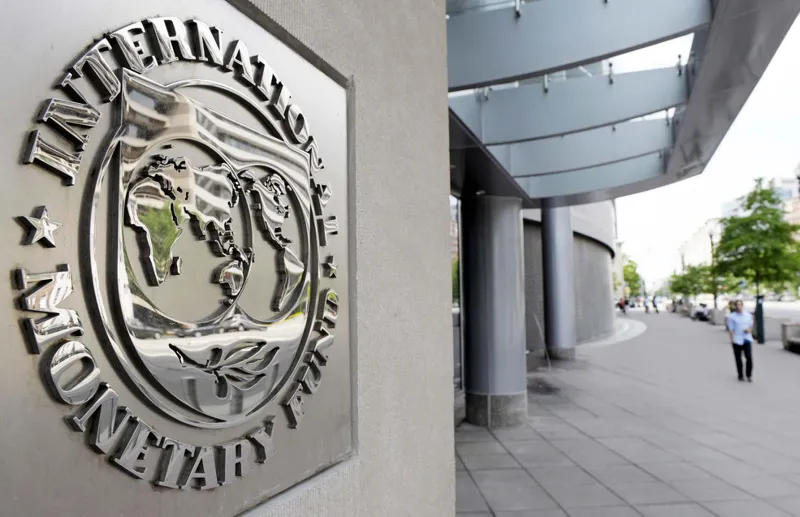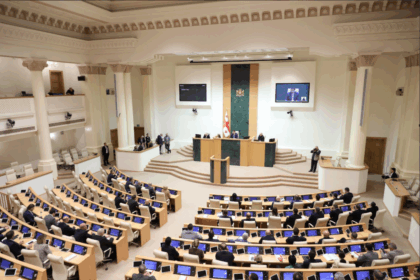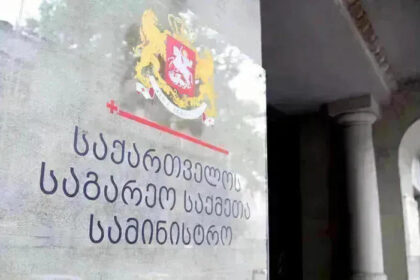**IMF Report: Georgia’s Financial Sector in Good Condition**
The International Monetary Fund (IMF) has released a report stating that Georgia’s financial sector is in good condition. The report, which assesses the country’s economic situation, notes that fiscal policy is well-calibrated and public debt remains at a reasonable level.
According to the IMF, efforts should focus on strengthening revenue mobilization and improving expenditure efficiency. This can be achieved through tax policy and administration reforms, as well as better implementing public investment management processes and reviewing expenditures. The report also emphasizes the importance of targeting social assistance towards the most vulnerable households and promoting employment through improved public works programs.
**Financial Sector in Good Shape**
The IMF report praises Georgia’s financial sector for its progress, stating that reforms are progressing well. However, further steps are needed to enhance resilience and address risks such as dollarization and the rapid growth of consumer loans. The report also calls for improved competition in the financial services sector through open banking practices.
**Structural Reforms Needed**
The IMF Executive Board stresses that structural reforms are necessary to strengthen Georgia’s growth potential and support inclusive job growth. Key priorities include addressing high structural unemployment, low agricultural productivity, and skills shortages through improved vocational training, enhanced teacher quality, and targeted agricultural support.
Additionally, the report emphasizes the need to strengthen judicial independence, expand the capabilities of the anti-corruption bureau, and effectively implement property declaration reforms. Georgia’s good governance indicators are noted, but recent backsliding underscores the importance of these measures.
**Central Bank Should Maintain Neutral Policy Stance**
The IMF recommends that the National Bank of Georgia maintain a broadly neutral policy stance while remaining flexible and data-driven. The current stance is deemed appropriate, but rising global uncertainty and local food price increases call for a cautious approach to further easing. Priority should be given to opportunistically accumulating reserves while maintaining exchange rate flexibility.
**Strengthening Governance and Independence**
The IMF Executive Board assesses that strengthening the governance and independence of the National Bank remains a key priority. While progress has been observed in implementing past recommendations, proposed amendments to the National Bank of Georgia Law to enhance governance and financial autonomy remain unfulfilled. Reforms should ensure a majority of non-executive board members, limit discretionary financial transfers to the government, further clarify governor succession rules, and strengthen the qualifications of board members.
Read More @ www.interpressnews.ge












